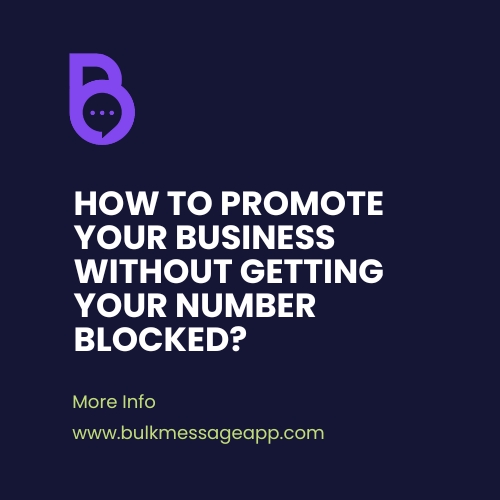Choosing the right page builder is one of the most critical decisions you’ll make when designing your WordPress website. It can affect not just your site’s performance, but also security, SEO compatibility, and ease of design.
Two of the most popular options in the market today are Divi and Elementor. Both are powerful, feature-rich, and widely used, but your choice should depend on your project’s needs, your design preferences, and your technical comfort level.
In this detailed Divi vs Elementor comparison, we’ll explore their performance, features, ease of use, pricing, and long-term maintainability to help you make an informed decision.
Divi vs Elementor comparison
Elementor: Highly Customizable but Plugin-Heavy
Elementor is famous for its drag-and-drop interface that even beginners can master quickly. It offers a huge library of design elements (widgets) and pre-built templates. And, for those craving creative freedom, Elementor’s flexibility is unmatched.
However, in the Divi vs Elementor debate, one of Elementor’s downsides is that many of its advanced features—such as popups, advanced forms, sliders, or booking integrations—often require installing third-party add-ons.
While this provides nearly limitless customization, it also means:
- More plugins to update and monitor regularly
- Potential website slowdown due to plugin bloat
- Higher security risks if third-party plugins are outdated or poorly coded
For web designers and developers who want complete creative control and are comfortable handling plugin compatibility issues, Elementor is still an excellent choice.
Divi: A Lighter, All-in-One Solution
Divi, created by Elegant Themes, takes a different approach. Instead of relying heavily on third-party tools, Divi packs a robust collection of features directly into its theme and builder.
It comes with built-in forms, sliders, testimonials, pricing tables, image galleries, and even native split-testing (A/B testing). This makes Divi:
- Faster to load, since it avoids extra plugin dependencies
- Easier to maintain over time
- More secure with fewer third-party scripts to update
For agencies managing multiple websites or business owners who prioritize performance and want a streamlined workflow, Divi’s all-in-one structure can be a game changer.
Performance: Divi vs Elementor
When it comes to performance, fewer plugins generally means a lighter website that loads faster.
- Divi often has the speed advantage, especially if you use its native modules without extra add-ons. Its built-in optimization tools, such as static CSS file generation, help improve load times.
- Elementor, while still capable of producing fast-loading sites, can slow down if overloaded with external widgets and unoptimized scripts.
From an SEO perspective, faster sites contribute to better Google rankings and improved user experience.
Ease of Use & Learning Curve
- Elementor is known for its beginner-friendly interface. If you’re new to WordPress and want an easy start, Elementor’s visual editor is intuitive and straightforward.
- Divi also offers a visual front-end builder, but its abundance of settings might overwhelm beginners initially. However, once mastered, it allows for very fast page creation.
Pricing Comparison
Both builders have different pricing models:
- Elementor: Free version available, Pro starts with an annual subscription.
- Divi: No free version, but one purchase provides unlimited website usage and Lifetime Access options, making it more cost-effective for agencies.
If cost over time matters to you, Divi’s lifetime deal may be more budget-friendly in the long run.
Which One Should You Choose?
So, Divi vs Elementor—which is better?
- Choose Elementor if you want pixel-perfect design control, access to countless design templates, and don’t mind managing extra plugins for additional functionality.
- Choose Divi if you want a single, self-contained package that’s lighter, easier to maintain, and optimized for speed right out of the box.
Expert Tip: Pair with Strong Hosting
Regardless of whether you choose Divi or Elementor, your hosting plays a major role in site performance. A high-quality WordPress-optimized hosting service can significantly improve speed, security, and uptime for both builders.
Conclusion
The Divi vs Elementor debate doesn’t have a one-size-fits-all answer. Both are excellent tools for building professional websites, but the best choice depends on your priorities.
- For speed, security, and simplicity, go with Divi.
- For granular design control and limitless customization, Elementor is a fantastic choice.
Looking to get expert help setting up your website with either of these builders? Book a free appointment with our team, and let’s get your project moving toward success.


